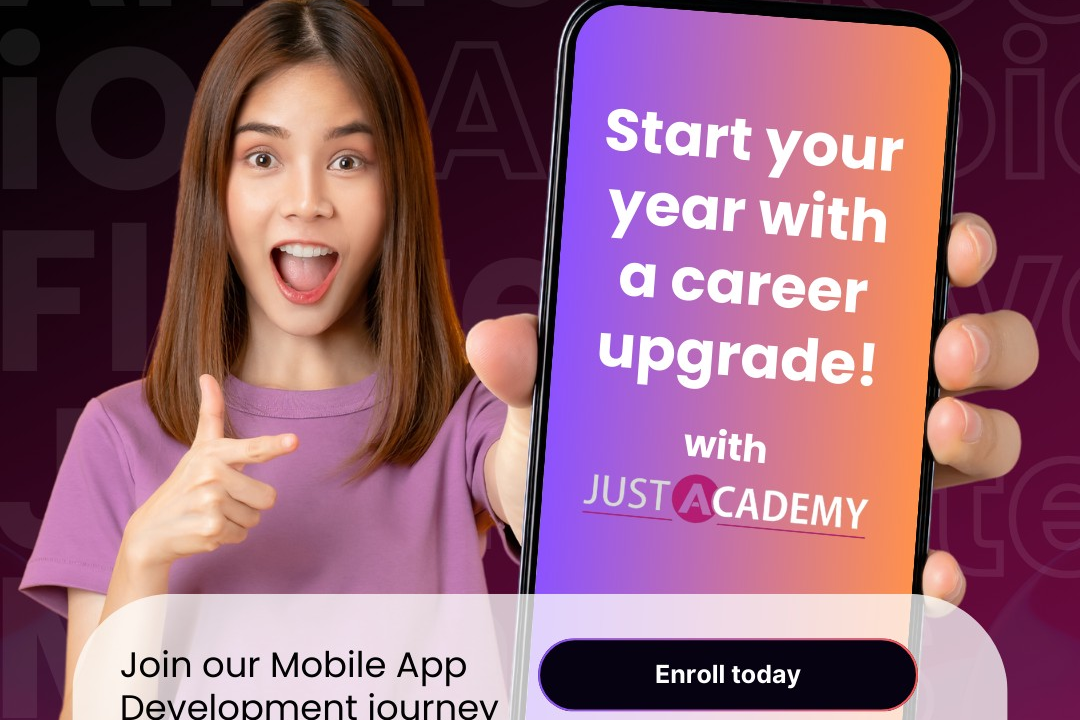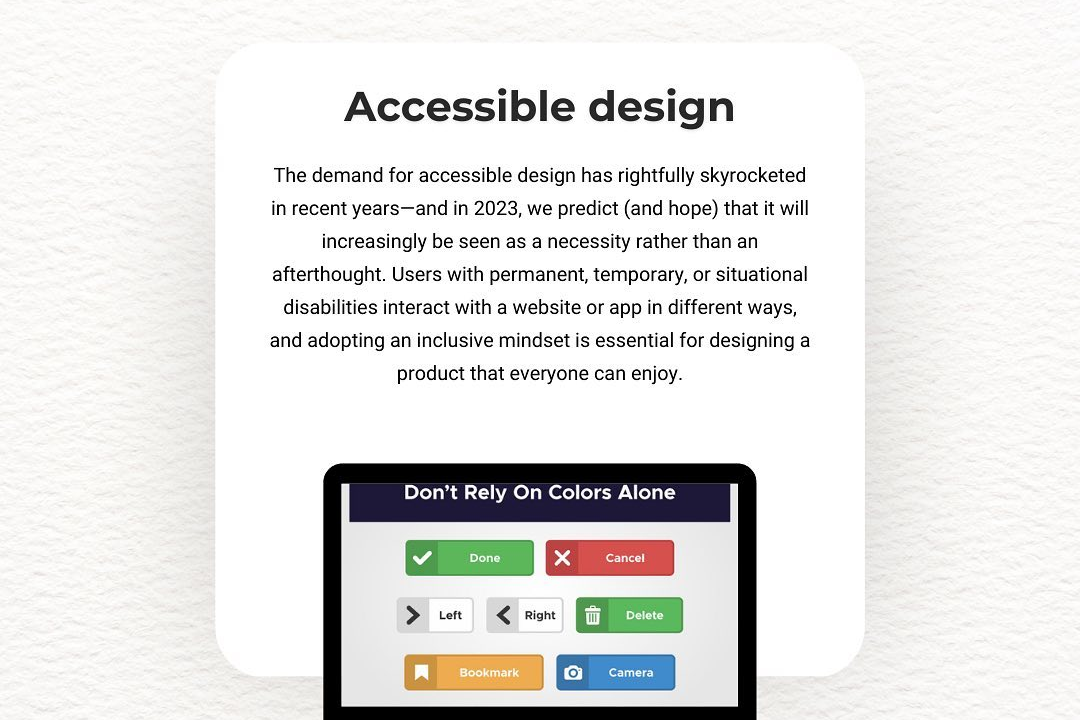Android App Deployment Pudukkottai
Android App Deployment Services in Pudukkottai
Android App Deployment Pudukkottai
Deploying an Android app in Pudukkottai involves several key steps that mirror standard deployment practices but may also consider local factors such as connectivity, user preferences, and market research. Developers typically begin by preparing the application for release, which includes optimizing performance, ensuring compliance with Android's guidelines, and testing the app across different devices. Once the app is ready, it can be published on platforms like the Google Play Store, where users in Pudukkottai can download and install it easily. It is also beneficial to engage the local community through marketing strategies that resonate with regional users, considering cultural nuances and potential partnerships with local businesses. Additionally, ensuring ongoing support and updates based on user feedback is crucial for maintaining user engagement and satisfaction in the Pudukkottai market.
To Download Our Brochure: https://www.justacademy.co/download-brochure-for-free
Message us for more information: +91 9987184296
1 - Objective Identification: Clearly define the goals of the deployment and training program, such as skill development in app development or introducing students to the app deployment process.
2) Curriculum Development: Create a structured curriculum that covers fundamental concepts including Android development, app design, and deployment techniques.
3) Duration of the Program: Decide on the length of the training program, whether it will be a short workshop (e.g., one week) or an extensive course (e.g., one month).
4) Target Audience Analysis: Identify the target student group, considering their background knowledge, age, and learning preferences to tailor the program effectively.
5) Resource Allocation: Secure the necessary resources, including computers with Android Studio installed, internet access, and learning materials, such as textbooks or online resources.
6) Expert Instructors: Recruit experienced instructors who have practical knowledge in Android development, ensuring they can effectively communicate and support the students.
7) Hands On Learning: Incorporate hands on projects where students can build their own apps, promoting active learning and engagement with real life applications.
8) Local Community Engagement: Involve local businesses or tech communities for mentorship and support, providing students with valuable networking opportunities.
9) Theoretical Background: Teach foundational concepts of programming languages pertinent to Android (like Java/Kotlin), software development principles, and user interface design.
10) App Development Tools: Familiarize students with essential tools and platforms required for Android app development, such as Android Studio, Gradle, and emulators.
11) Testing and Debugging: Educate students on testing and debugging processes, emphasizing the importance of app reliability and user experience.
12) Publishing Process: Explain the steps involved in app deployment, including creating a Google Play Developer account, understanding app distribution policies, and preparing the app for release.
13) Marketing Fundamentals: Teach basics of app marketing, covering strategies for promoting their apps, understanding app store optimization (ASO), and gaining user feedback.
14) Post Deployment Support: Discuss post launch activities such as user reviews monitoring, analytics tracking, and iterating based on user feedback to ensure continuous improvement.
15) Project Showcase: Organize a final showcase event where students can present their developed apps to peers, instructors, and industry representatives, providing recognition for their hard work.
16) Certification and Recognition: Offer certificates of completion to students, which can enhance their resumes and signify their newly acquired skills in Android app development.
17) Feedback Mechanism: Implement a feedback mechanism to collect student responses on the training program, which can help in refining future editions of the course.
18) Follow Up Sessions: Plan for follow up sessions or advanced courses for interested students to further their skills in Android app development and explore advanced topics.
By focusing on these key aspects, you can effectively create and implement a training program in Pudukkottai that equips students with the skills necessary for Android app deployment.
Browse our course links : https://www.justacademy.co/all-courses
To Join our FREE DEMO Session: Click Here
Contact Us for more info:
- Message us on Whatsapp: +91 9987184296
- Email id: info@justacademy.co












